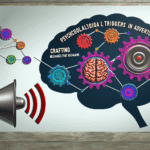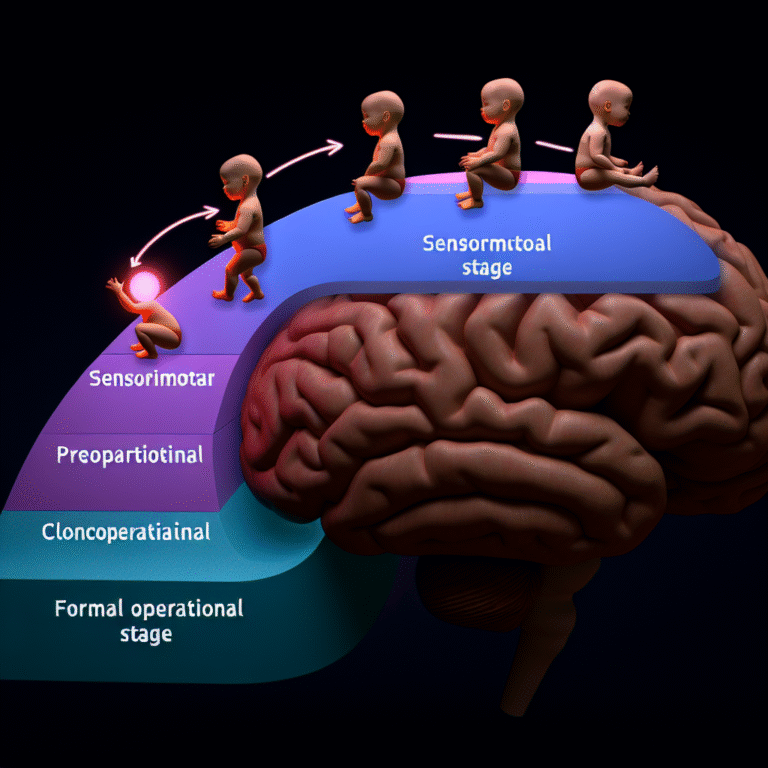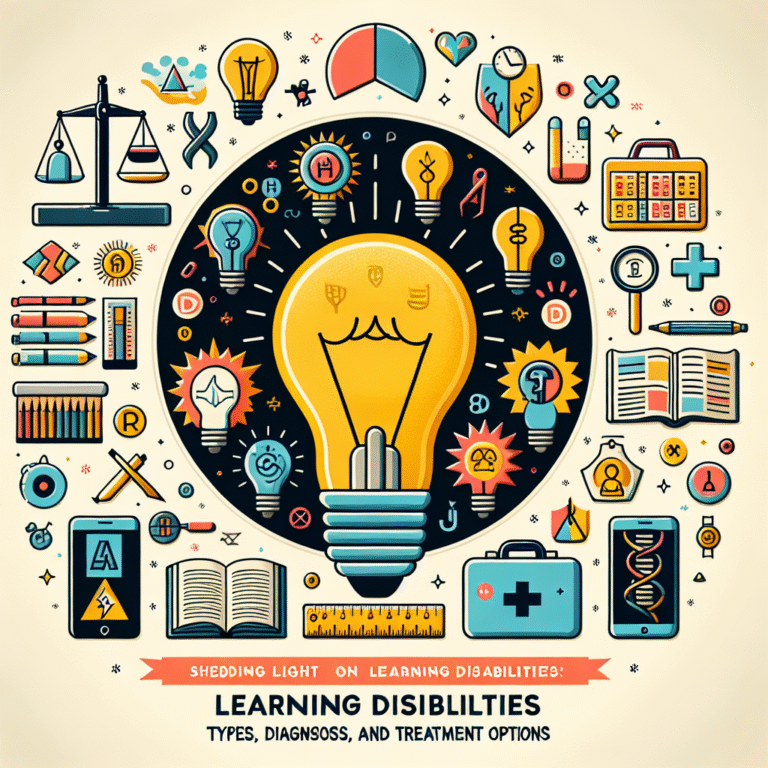
Career Spotlight: Thriving in Human Resources with a Psychology Degree
Introduction
In today’s competitive job landscape, understanding human behavior is more crucial than ever. This makes the Human Resources (HR) sector a thriving field for those equipped with a psychology degree. If you’re looking for a fulfilling career that not only pays well but also involves contributing to the well-being of others, then you’re in the right place. This article, Career Spotlight: Thriving in Human Resources with a Psychology Degree, delves into how a background in psychology can powerfully enhance your journey in HR, providing you with unique insights and actionable strategies.
Why Pursue a Career in Human Resources?
HR is often referred to as the backbone of any organization. The field encompasses a wide range of responsibilities, including recruiting, training, benefits management, and employee relations. Given the critical role HR plays in shaping organizational culture and employee satisfaction, possessing strong psychological insights can be a game-changer. As a professional in HR, the ability to understand and analyze behaviors, motivations, and interpersonal dynamics is invaluable.
The Intersection of Psychology and HR
Psychology is the scientific study of the mind and behavior. When you apply this knowledge within the context of HR, you unlock a deeper understanding of how to effectively manage people. Here’s how:
- Recruitment and Selection: Understanding psychological theories can help you select candidates who are not only qualified but also a good cultural fit for the organization.
- Training and Development: Utilizing principles from behavioral psychology allows you to design training programs that cater to different learning styles, enhancing employee skills effectively.
- Employee Engagement: A psychology background equips you with the tools to interpret employee motivation and morale, essential for creating a positive work environment.
Case Study: Transforming Recruitment at XYZ Corp.
Consider XYZ Corp., a mid-sized tech company that struggled with high turnover rates. By integrating psychological principles into their recruitment process, they revamped their approach to candidate selection. They employed structured interviews that included situational judgment tests, allowing them to assess not just the candidates’ skills, but also their fit within the company culture.
As a result, turnover decreased by 30%, highlighting how Career Spotlight: Thriving in Human Resources with a Psychology Degree can lead to tangible organizational improvements.
Core Skills for Success in HR
Thriving in HR requires a mix of soft and hard skills, many of which are naturally fostered through a psychology education.
Emotional Intelligence (EI)
Emotional Intelligence is the ability to understand and manage your emotions as well as those of others. In HR, this translates to better conflict resolution, improved communication, and a more empathetic workplace culture.
Table 1: Skills Enhanced by Emotional Intelligence in HR
| Skill | Impact on HR |
|---|---|
| Conflict Resolution | Decreases workplace conflict and turnover |
| Communication | Improves clarity and reduces misunderstandings |
| Leadership | Encourages team motivation and engagement |
Data Analysis Skills
In an increasingly data-driven world, being able to analyze employee data is essential. Psychological research methodologies equip HR professionals with the skills needed to interpret data related to employee performance, satisfaction, and engagement.
Change Management
The ability to navigate and manage change is crucial in HR. Whether implementing new policies or dealing with organizational restructuring, understanding behavioral responses to change is key for successful transitions.
Charting Your Path: Steps to Enter HR
Education and Experience
While a psychology degree is a significant advantage, consider getting additional certifications in HR. Programs such as SHRM-CP or PHR showcase your commitment and expertise in the field.
- Networking: Engage with professionals through LinkedIn or local HR chapters.
- Internships: Gain hands-on experience through internships in HR roles during or after your studies.
- Continuous Learning: Stay updated with HR trends, including employee engagement strategies or legal compliance matters.
Real-World Applications: Success Stories
Case Study: ABC Inc.’s Employee Wellness Program
ABC Inc. implemented a wellness program based on psychological principles such as Maslow’s Hierarchy of Needs. They recognized that employees perform better when their basic and psychological needs are met.
- Outcome: Employee productivity increased by 20%, and overall job satisfaction rose by 40% within a year. This case underscores the relevance of Career Spotlight: Thriving in Human Resources with a Psychology Degree, illustrating that understanding psychological principles can directly impact business success.
Creating an Effective HR Infrastructure
Incorporating psychological insights into HR practices fosters an environment that prioritizes employee welfare. Here are some strategies:
- Develop Feedback Mechanisms: Create channels for constructive feedback to improve communication and foster collaboration.
- Implement Performance Management Systems: Utilize psychological assessment tools to design fair and effective performance reviews.
- Facilitate Career Development: Integrate personal development plans tailored to individual employee goals and strengths.
Conclusion
As we explore the avenue of Career Spotlight: Thriving in Human Resources with a Psychology Degree, it becomes clear that the interplay between psychology and HR is profound. From understanding employee behavior to nurturing teams, your psychology degree serves as a powerful asset in the HR landscape.
Embrace the insights shared here to take actionable steps toward building a rewarding career in HR. Whether you’re just starting out or looking to advance in your career, remember that your expertise in psychology sets you apart in this vibrant field. The journey to thriving in HR with a psychology degree not only allows you to excel as a professional but also to contribute meaningfully to the lives of others.
FAQs
Can I work in HR with a Bachelor’s in Psychology?
Yes, a psychology degree provides a solid foundation for an HR career. Many positions value the insights gained from psychology.What are the best certifications to pursue?
SHRM-CP and PHR are both excellent certifications that complement your psychology background.How relevant is understanding behavioral theories in HR?
It is highly relevant; behavioral theories can inform recruitment, employee engagement, and performance management strategies.Is HR a good career choice for psychology graduates?
Absolutely! HR roles benefit significantly from psychological principles and offer diverse career paths.- How can I build my network in HR?
Attend industry events, join HR professional associations, and utilize LinkedIn to connect with existing HR professionals.
By harnessing the wealth of knowledge gained from psychology, HR professionals can craft strategies that not only enhance organizational performance but also create healthier, more productive workplaces. The future is bright for those ready to step into the world of HR equipped with psychological expertise.
















